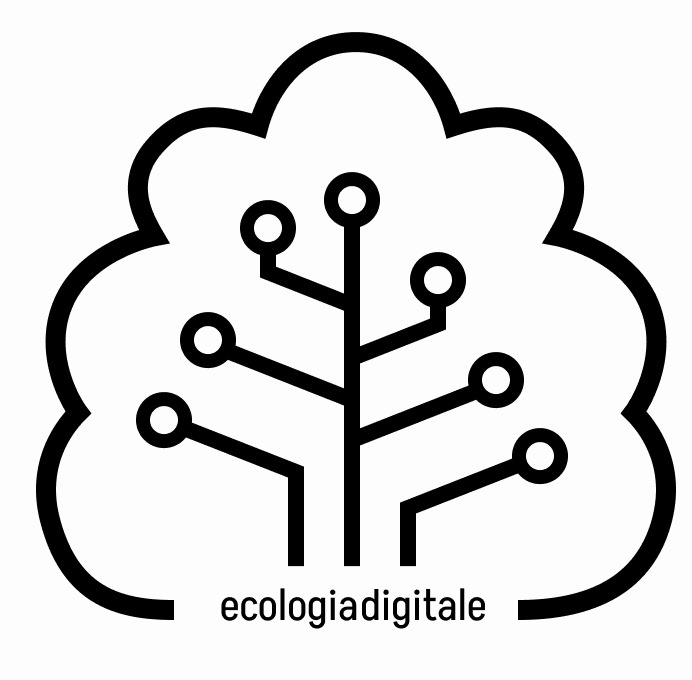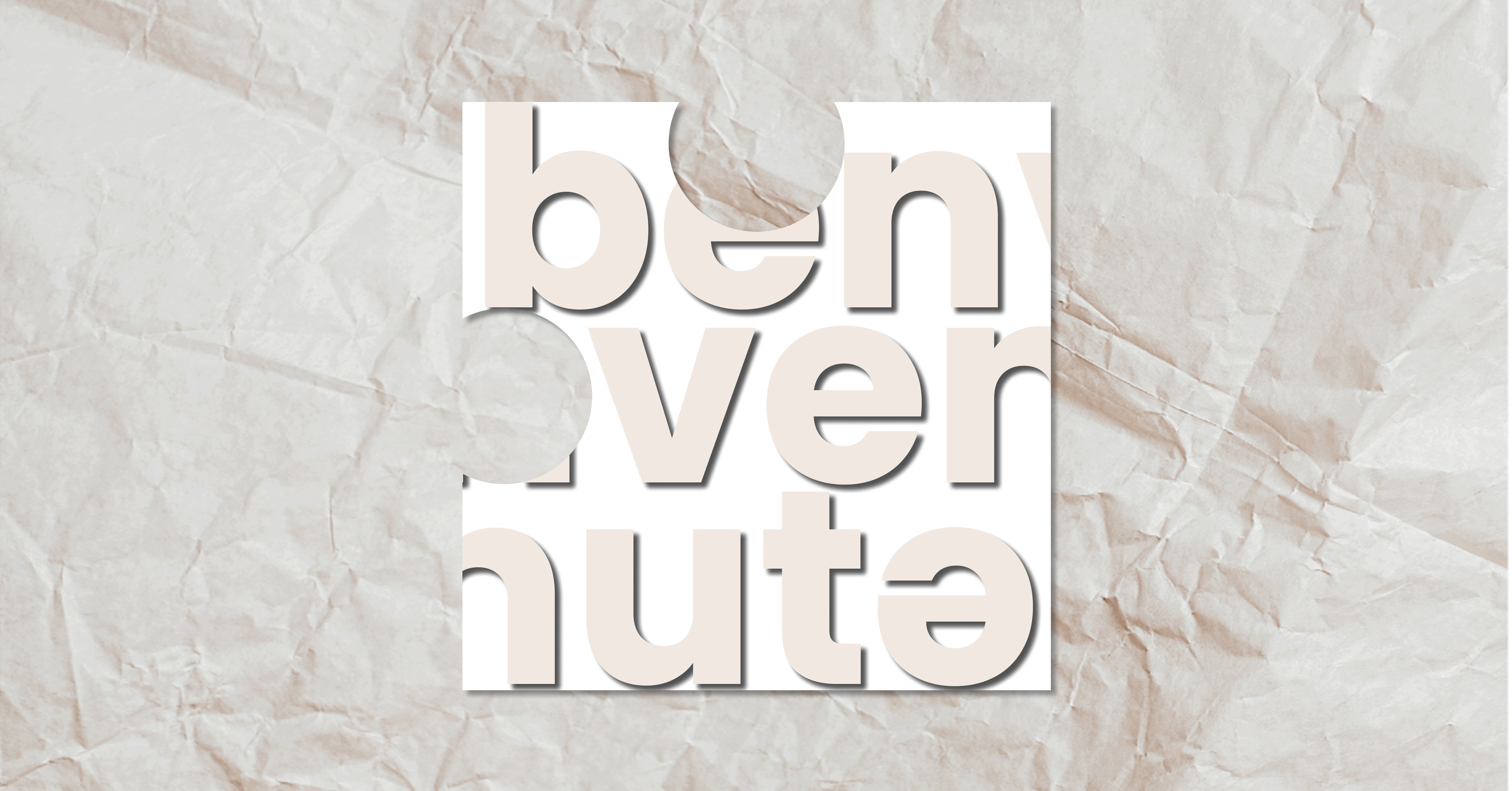Adventure, noun.
an unusual, exciting, and possibly dangerous activity, such as a trip or experience, or the excitement produced by such an activity.
The adventure that led to this column began about six years ago, during a rather complex period of my life, when I found myself facing one of the questions I had never considered necessary to confront before: learning to become the woman I want to be. I often found myself asking: what does it mean, for me, to be a woman? Where do I stand in today’s world, as a young woman? Where do I want to stand? What am I willing to accept, and what not? What contradictions must I live with as a woman?
I must admit that, in order to answer these questions, I got a little “hooked” on feminism, which gave me the tools to understand the place I want to have in the environments I am part of. Feminism showed me what women have managed to achieve in the last 150 years, so that we could have the opportunities we have today. Women’s History reveals both the strength and the contradictions that each woman carries within herself. Feeling all of this inside myself was of fundamental importance because I realized I was not the only one, nor the first, to ask these questions. Feminism allowed me to understand what kind of relationships I want to build with other people—equal relationships, in which we can first and foremost recognize each other as human beings. Not by chance, feminism itself was born in the relationship between women, and I am deeply convinced that it is especially within relationships—not only among women—that feminism can keep its beating heart alive.
This journey also forced me to confront all the representations that, partly because of or thanks to feminism, have been built around the concept of “woman.” Today there are countless images pushed onto us, especially because of increasingly visual media, focused on appearances and, above all, increasingly pervasive. However, I believe that within each of us there are worlds vastly different from all those representations, worlds that do not reflect the reality they want us to see. Have you ever asked yourselves how much of your femininity is a projection of what the media convey? Have you ever asked whether the image you have of yourself is influenced by it? How much, instead, do you listen to yourselves when deciding who and how you want to be? How able are we really to detach ourselves from these representations, and how much do they distract us from our true value?
This column was born out of all these questions. Beyond diving into feminism, I decided to interview 10 women, because while building a foundation of theory is important, working together with other people is just as essential. I was curious to know how much the media have influenced their lives and how important their relationship with their own subjectivity is to them today, in a world where we are constantly bombarded by external stimuli. In these interviews I wanted to create a real space between me and these women, so they could reflect on these themes but, above all, so they could let their deeper side emerge—to listen to them in order to truly “see” them. These interviews helped me use what I had learned about feminism from books, applying those tools to find my own way of turning all those words into encounters with lived experiences. Many of them often told me: “I’m not an expert, I don’t know if I answered the question well.” And I always gave the same reply: “There are no right or wrong answers—there’s you, your experience, and what you feel. The rest, we’ll figure out together.”
That is why the title of this column—“My adventure is you”—comes from the phrase of an Italian feminist, Carla Lonzi, written in the second manifesto of Rivolta Femminile: “My adventure is me.” Each of us can indeed be our own adventure, I don’t doubt that, but I am convinced that living an adventure in relation with others holds much greater value.
Meeting these women has been an enormous gift for me, because I have come into direct contact with sensitivities and experiences that were fascinating and completely different from my own, and I feel a great responsibility in telling their stories. A person’s lived experience must be handled with care—you must know how to silence every type of prejudice and try to convey the sensitivity you have encountered. This will be one of the most difficult undertakings I will face, but on the other hand, the adventure I have lived is one I do not want to keep only for myself. I believe it is right to share it, to give everyone who reads these articles the chance to ask themselves the same questions I asked these women.
A small note before concluding: as you may have already guessed, in these articles I will use ? to maintain inclusive language. It may take you some effort at first—trust me, it wasn’t easy for me at the beginning either, but you get used to it—yet I hope you won’t abandon ship because of this.
I also want to point out that the interviews were conducted only with women due to time constraints—guys, I had to graduate—but at the end of each article I will adapt the questions so that everyone can answer or reflect on them.
Whoever wants to can leave a comment directly under the articles; otherwise, at the end of each article I will leave a Google Form where you can respond anonymously.
Thank you already for sharing this adventure with me—see you in the next one!


Leave a Reply